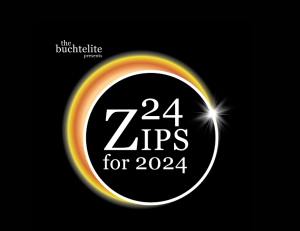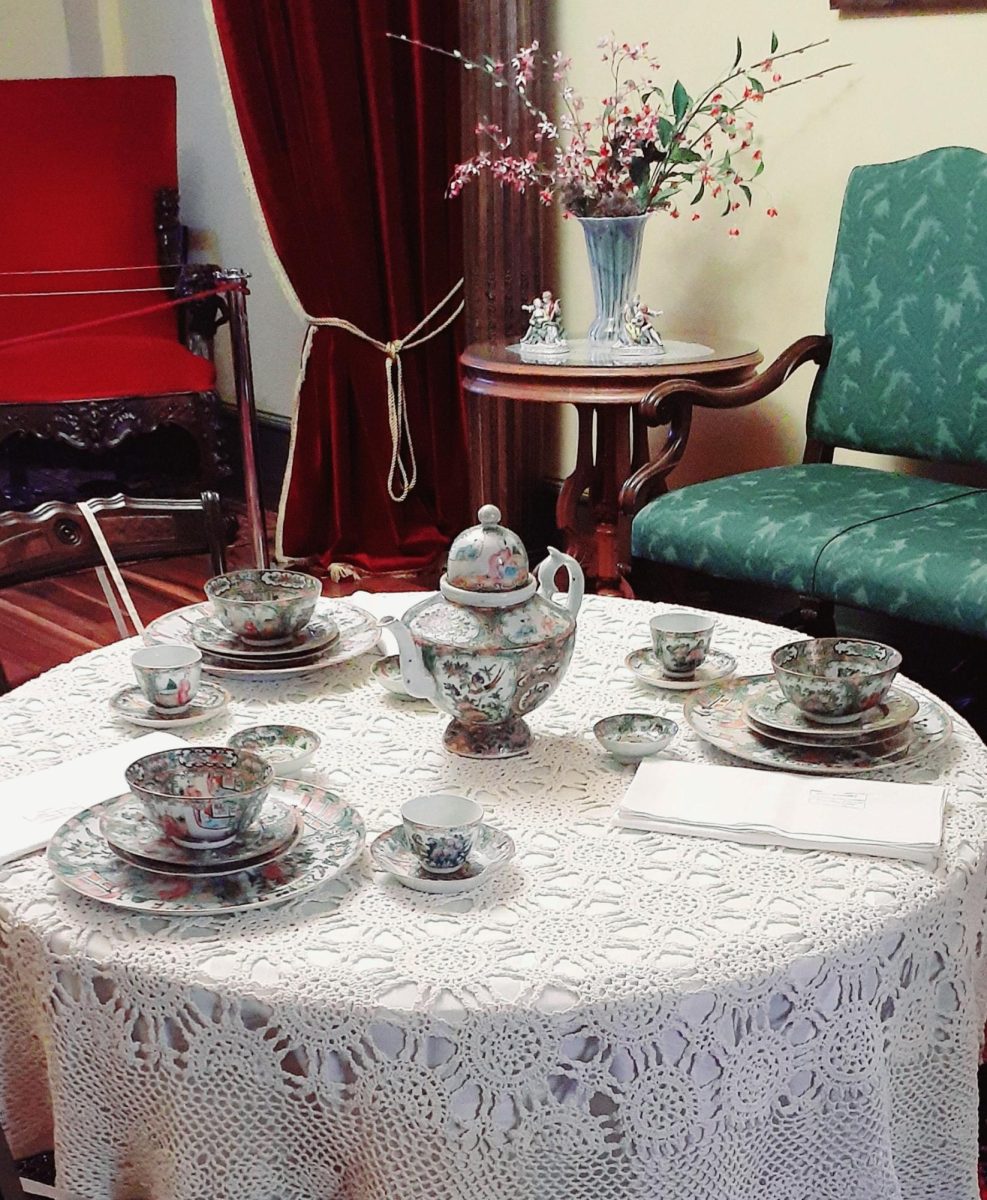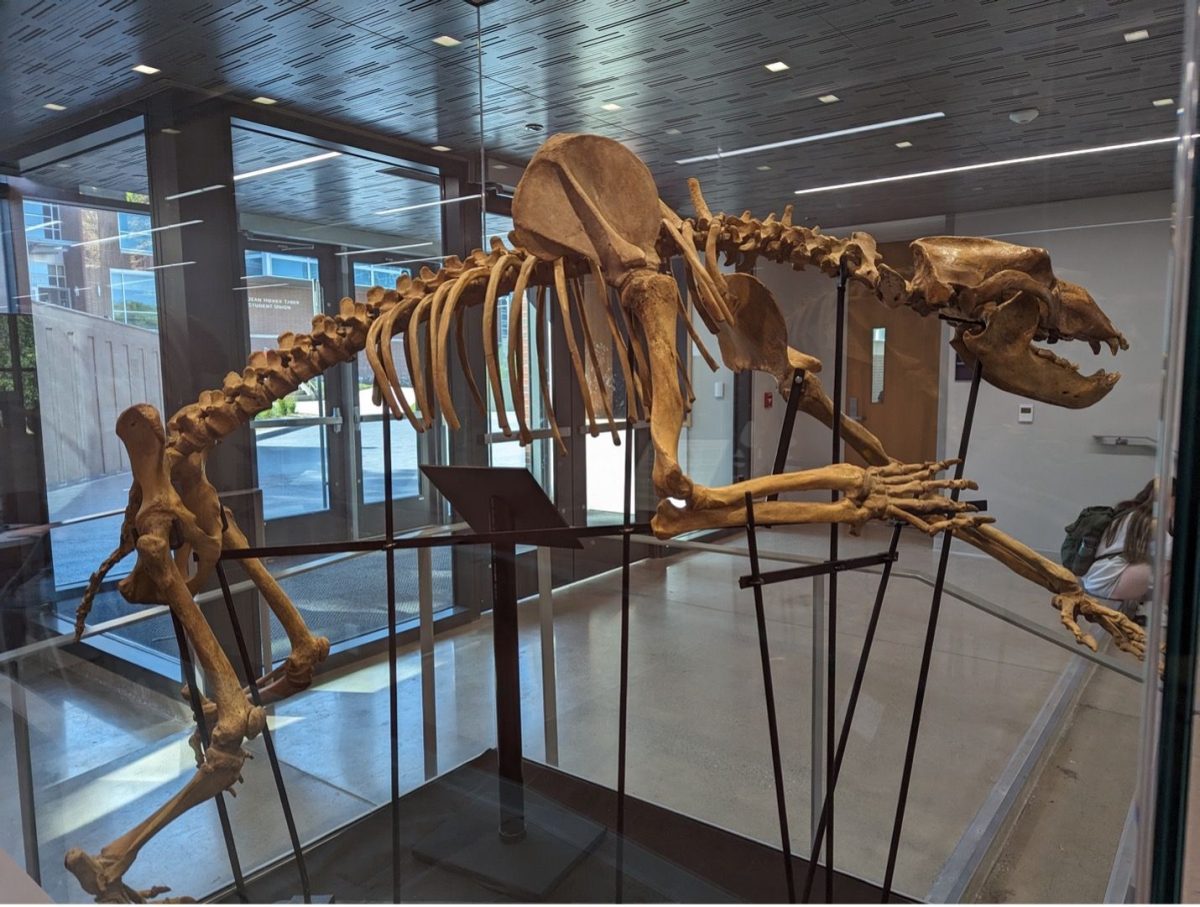UA Revises Presidential Search, Students Share Divided Opinions
With the recent announcement of an expanded presidential search committee and a new confidential requirement, several UA students are divided through their responses.
The University of Akron is currently looking for a candidate to fill the permanent position as President.
December 12, 2018
The University of Akron Board of Trustees approved a proposal to revise the presidential search process that will expand the search committee, but also keep the process out of public view.
This revision was originally announced as being considered on Nov. 28 before being accepted one week later on Dec. 5 during the regular BOT meeting.
According to Zipmail, the search committee will now include elected leaders from the University Council, Faculty Senate, Contract Professional Advisory Committee, Staff Employee Advisory Committee, Undergraduate Student Government and the Akron Chapter of the American Association of University Professors.
Meanwhile, since the University announced the search process will now be closed from the public, the members who are not trustees will be required to sign confidentiality pledges.
In the Nov. 28 announcement, Joseph Gingo, President of the UA BOT, said that more members from the University involved in the process and a confidential search will lead to higher qualified candidates and a better decision in the end.
“While we understand concerns that some may have about this approach, the reality of searches at this level is that top candidates will be extremely unlikely to have their names circulated publicly while they… hold current prominent positions,” Gingo said. “We think an appropriate balance is struck by having broader representation on the Presidential Search Committee.”
While some feel out of touch with the revisions to this process and do not agree with the new confidentiality aspect, others believe agree that the BOT will be able to use these changes to find the best possible candidate for president.
Fourth-year student Halle Lunt, a strategic & organizational communications major, said she believes the BOT will be able to use student and faculty feelings toward former Presidents Mathew Wilson and Scott Scarborough to pick the best candidate.
On the other hand, according to an article from theAkron Beacon Journal, those who oppose this closed search feel that universities supported by taxpayers, such as UA, should make the process transparent.
Several students also feel the process should remain transparent to the public for various reasons.
Sophomore Benjamin Vitu, an electrical engineering major, said he does not know much about the search and would like to get more information about what UA is doing.
“I wish there was a place where I could easily find more information,” Vitu said.
Vitu isn’t the only student who doesn’t know about the presidential search in general.
Senior José Suárez, a strategic & organizational communications major, said he doesn’t even know what the presidential search at UA entails or what it is about.
Then, Lillian Gonzalez, a freshman computer engineering major, said she heard about the revision through Zipmail, but doesn’t know too many details about the topic.
Also, Gonzalez disagrees with the University choosing to have a closed, confidential search because it doesn’t allow for students to have a full understanding of the process until after it has finished.
“Considering that a University is a place of learning where minds and opinions ought to mature, it is preferable to at least allow the students to have the opportunity to hear what is going on, and potentially even weigh in on the process,” Gonzales said.
Finally, junior Jeanette Spencer, a media studies major, also believes that students should have greater input in the presidential search.
Overall, while UA is making decisions in the belief that it will lead to greater results from the presidential search, several students feel their input could also increase those results.












